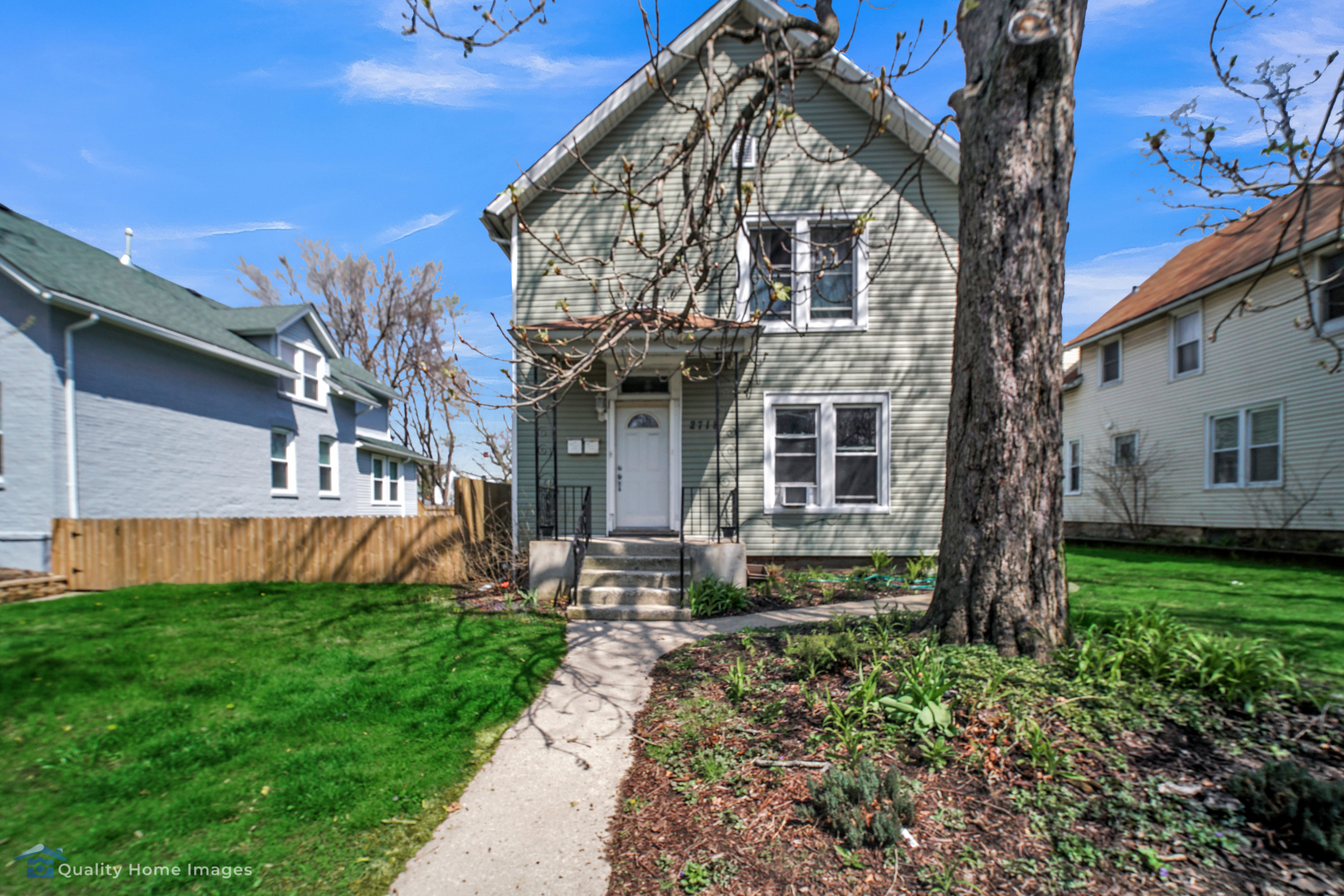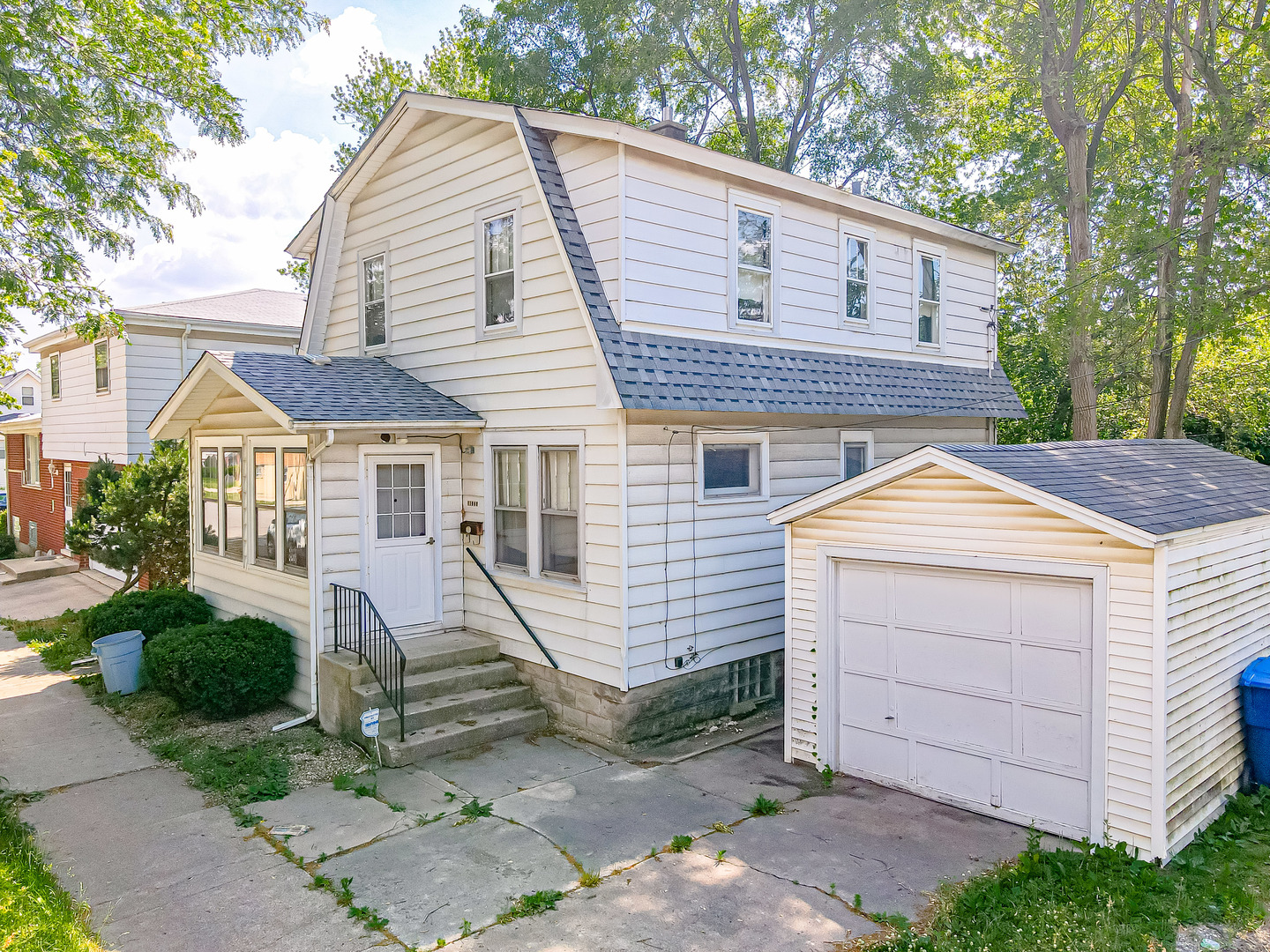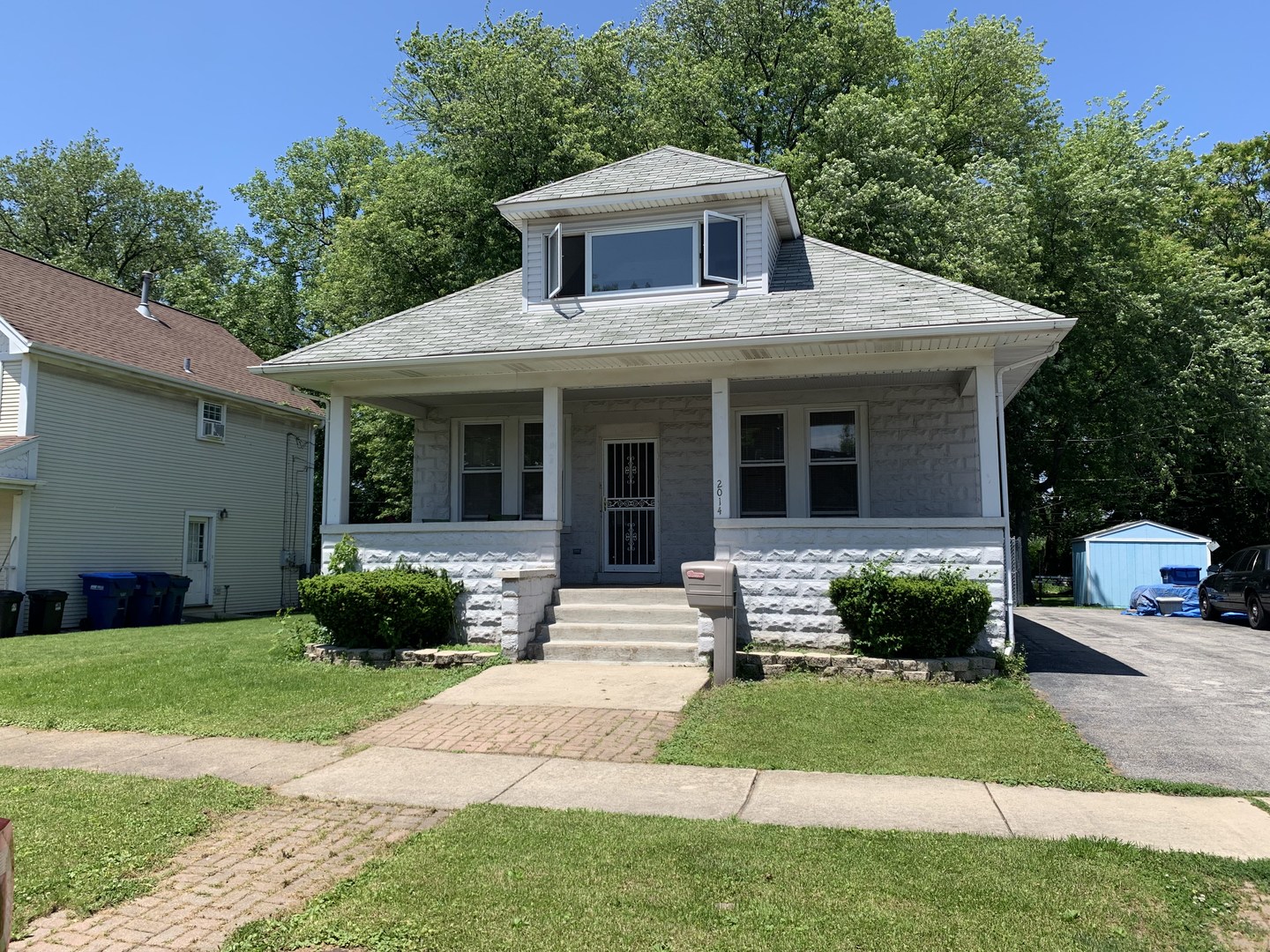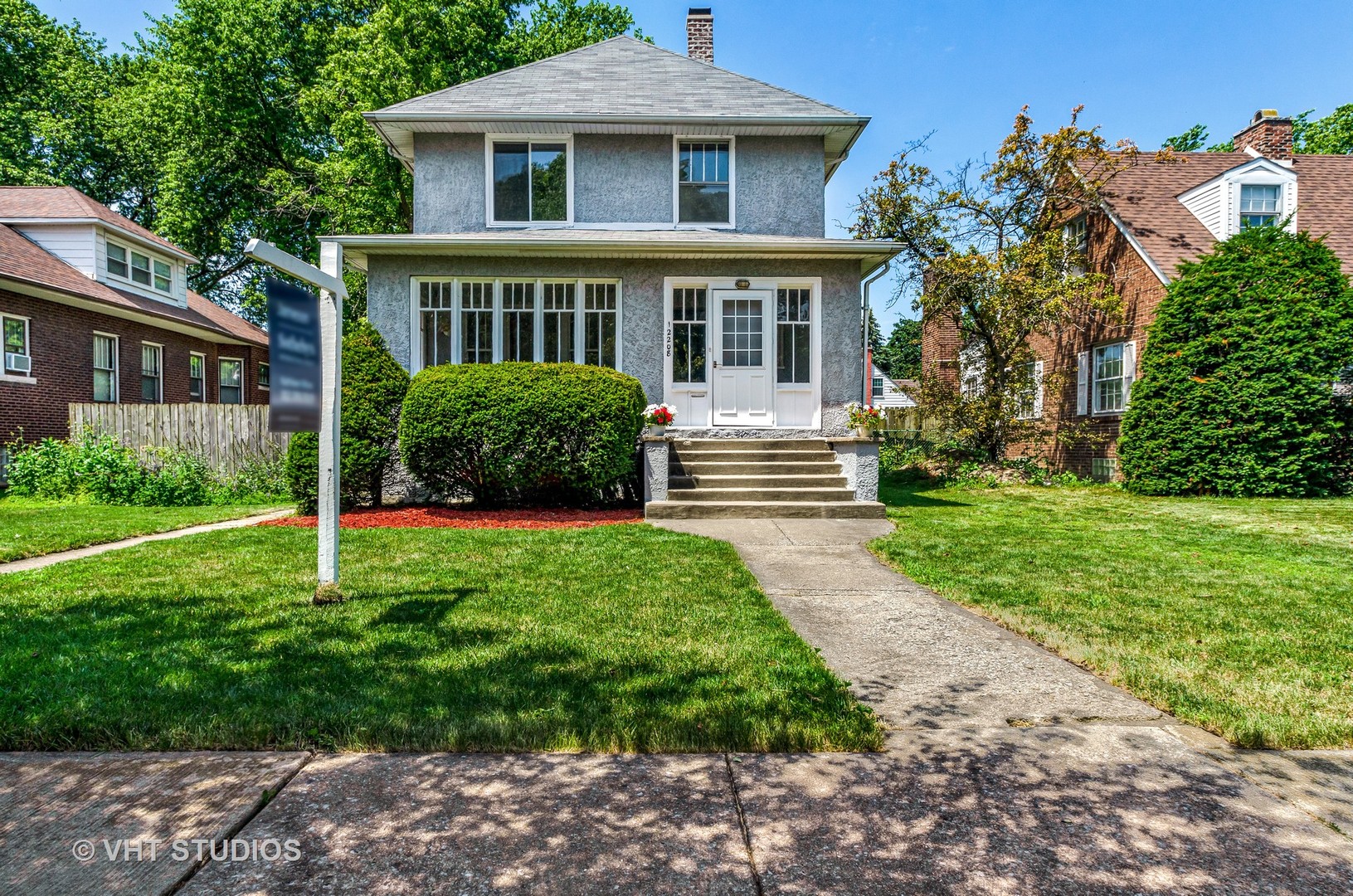Houses For Sale In Blue Island – But the financial aspect is only one part of the equation. For sellers, online platforms can expand their reach to a global audience of potential buyers, increasing the chances of finding the right match for their business. The growing interest in second-hand goods can also be attributed to shifting cultural attitudes toward consumption. What will come next? What new opportunities will arise from this decision? When an item is placed “for sale,” it’s not just the object that’s changing hands; it’s often a reflection of the personal changes happening within the seller. In this broader sense, the concept of “for sale” is not just about the exchange of goods; it’s a driving force in the global economy, influencing how people live, work, and interact with the world around them. The materials, labor, and expertise that go into crafting these items naturally make them more expensive. Once a suitable business has been identified, the buyer usually begins the due diligence process, which involves reviewing all relevant documents, financial records, and contracts. The concept of quality, however, is not a one-size-fits-all. These platforms allow buyers to browse listings, access detailed business profiles, and initiate contact with sellers, all from the comfort of their own home. The materials used, whether it’s hardwood, durable fabrics, or premium upholstery, are chosen for their longevity and aesthetic appeal. The world of second-hand shopping has also made quality goods more accessible. The same logic applies to tools, kitchen appliances, furniture, and even technology. It carries the marks of life’s moments: the road trips, the adventures, the daily commutes, the memories of friends and family. The story behind the item becomes part of its value, adding an emotional dimension to its physical form. People are increasingly looking for quality over quantity, preferring items that are durable, timeless, and well-made. In this sense, quality is not just about prestige; it’s about making thoughtful choices that contribute to a more sustainable and rewarding lifestyle. The role of business brokers and intermediaries has become increasingly important in today’s business-for-sale market. The world may increasingly operate under the assumption that everything is for sale, but the human spirit, with its capacity for love, creativity, and compassion, refuses to be bought. Yet, at the same time, there’s the promise of new beginnings for both the seller and the buyer. Millennials and Gen Z, in particular, have embraced the idea of second-hand shopping as a way to challenge consumerism, reduce waste, and express their individuality.

Blue Island IL Homes for Sale Blue Island Real Estate Bowers Realty
Real estate made easysell your homeadvanced searchmeet an agent

Blue Island IL Homes for Sale Blue Island Real Estate Bowers Realty
Real estate made easysell your homeadvanced searchmeet an agent

Blue Island IL Homes for Sale Blue Island Real Estate Bowers Realty
Real estate made easysell your homeadvanced searchmeet an agent

Blue Island IL Homes for Sale Blue Island Real Estate Bowers Realty
Real estate made easysell your homeadvanced searchmeet an agent

3 Bedroom Homes for sale in Blue Island, Illinois Blue Island MLS
Real estate made easysell your homeadvanced searchmeet an agent

Blue Island IL Homes for Sale Blue Island Real Estate Bowers Realty
Real estate made easysell your homeadvanced searchmeet an agent

3 Bedroom Homes for sale in Blue Island, Illinois Blue Island MLS
Real estate made easysell your homeadvanced searchmeet an agent

Blue Island IL Homes for Sale Blue Island Real Estate Bowers Realty
Real estate made easysell your homeadvanced searchmeet an agent

Blue Island IL Homes for Sale Blue Island Real Estate Bowers Realty
Real estate made easysell your homeadvanced searchmeet an agent

3 Bedroom Homes for sale in Blue Island, Illinois Blue Island MLS
Real estate made easysell your homeadvanced searchmeet an agent
Additionally, there is the challenge of integrating the business into their existing operations and ensuring that it continues to thrive under new ownership. Vintage clothing, in particular, has gained a significant following, with people seeking out unique, one-of-a-kind pieces that cannot be found in mainstream stores. These platforms provide a convenient way for sellers to connect with potential buyers, set their prices, and arrange for shipping or pick-up. Everything for sale. One of the most popular categories of second-hand goods for sale is clothing. For those who enjoy the tactile experience of shopping and the sense of discovery that comes with it, thrift stores offer a personal and immersive way to shop for second-hand items. Social movements and grassroots organizations work tirelessly to provide resources and support to those who need it, often without expecting anything in return. When someone buys a second-hand item, whether it’s a piece of furniture passed down through generations or a retro jacket from a bygone era, they are not just acquiring an object; they are connecting to a story, a memory, or a cultural moment. These platforms have also made it easier for individuals to sell their own pre-owned goods, turning unused or unwanted items into cash. The most obvious benefit is the cost savings. They believe that certain things, like love, loyalty, and friendship, should be above the reach of commerce. Whether it’s a car, a house, or a simple piece of furniture, there’s a process that unfolds. The concept of quality, however, is not a one-size-fits-all. Additionally, trends in sustainability and eco-conscious living have contributed to the growth of the second-hand market, as consumers become more aware of the environmental impact of their purchasing decisions. Whether through their durability, aesthetic appeal, or the values they embody, these products go beyond simple transactions. These professionals help connect buyers with sellers, ensuring that both parties are well-informed and that the transaction process is as smooth as possible. Additionally, many second-hand items are still in excellent condition, having been gently used or well-maintained by their previous owners, further enhancing the appeal of these products. The act of selling a home is a deeply emotional process, and when it’s completed, there’s a sense of closure and anticipation for what comes next. This can be particularly advantageous for entrepreneurs who might have experience in business operations but lack the time or resources to build a new venture from the ground up. Cars, too, are often sold with a sense of transition.
Many online platforms also allow buyers and sellers to leave feedback and reviews, helping to build trust and credibility in the transaction. Whether buying or selling, the process requires careful consideration, transparent communication, and a thorough understanding of both the financial and operational aspects of the business. In this digital age, it often feels like there’s no such thing as privacy anymore, and that’s because we’ve essentially agreed to sell pieces of ourselves in exchange for recognition, affirmation, or even money. An item’s worth can be subjective, influenced by the desires, needs, and circumstances of both the seller and the buyer. A well-maintained, quality leather jacket may last a lifetime, whereas a low-cost alternative might only hold up for a couple of seasons. For the seller, the goal is often to maximize the value of the business, while for the buyer, the focus is on ensuring that the investment is sound and that the business can continue to thrive under new ownership. The second-hand market is not just about saving money; it’s about embracing a more sustainable, mindful way of consuming that values reuse, repurposing, and the stories behind the items we choose to keep. Are there things that should be kept beyond the realm of trade? Or has the marketplace — with its insatiable demand and promise of exchange — seeped into every facet of our being?
If everything is for sale, then the concept of value itself becomes fluid, subjective, and often manipulated. These goods aren’t just products; they are symbols of craftsmanship, heritage, and pride. The satisfaction of purchasing quality is often deeply intertwined with the knowledge that your money is going toward something that truly deserves it. These platforms provide a convenient way for sellers to connect with potential buyers, set their prices, and arrange for shipping or pick-up. But is this a reflection of reality? Or is it an illusion we’ve created, an idea we’ve accepted in order to make sense of a world that increasingly revolves around consumption and profit?
At the core of this idea lies the assumption that everything, no matter how unique or rare, can be exchanged. The focus on longevity and reliability is what sets these goods apart from their mass-market counterparts. The world of second-hand goods for sale is vast and varied, encompassing everything from clothing, electronics, and furniture, to books, antiques, and collectibles. Whether you’re the seller or the buyer, the phrase “for sale” is a reminder that everything in life is in constant motion, always moving toward something new, something different, something better. This ensures that the product is fully functional and free of defects, providing peace of mind for buyers. Second-hand markets also promote the idea of a circular economy, an economic system that focuses on reducing waste and reusing products. In the realm of real estate, for instance, selling a house is often an emotional and logistical challenge. Whether through thrift stores, flea markets, online platforms, or garage sales, second-hand goods provide consumers with an opportunity to find items they might not otherwise be able to afford, while also contributing to a circular economy where products are reused and repurposed. Sellers also have to deal with the emotional aspects of letting go of a business that they may have built over many years.